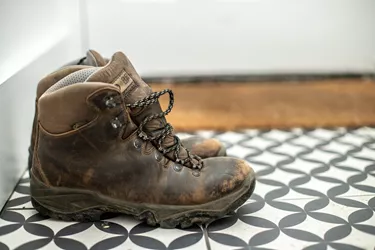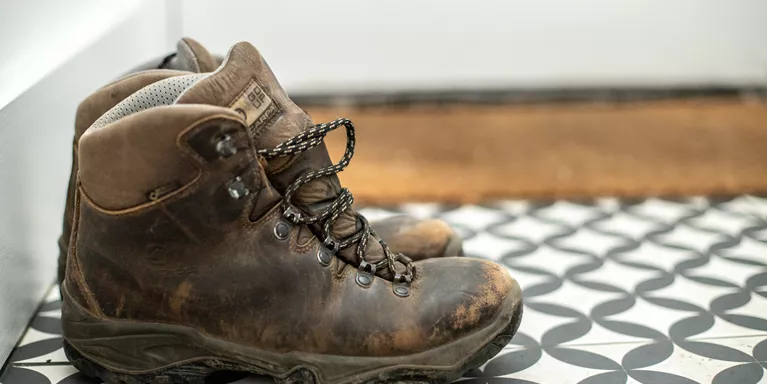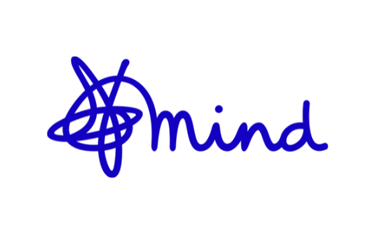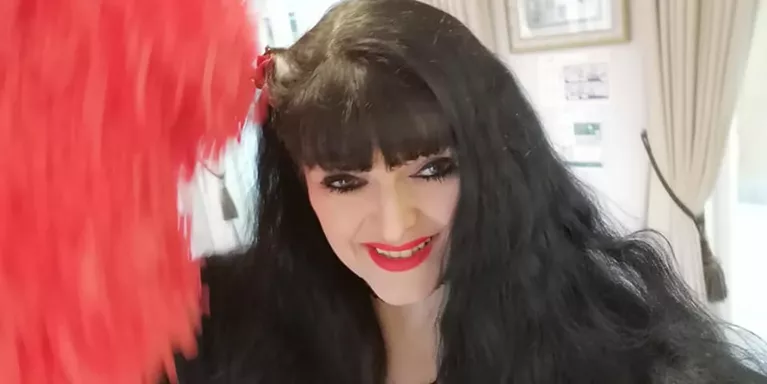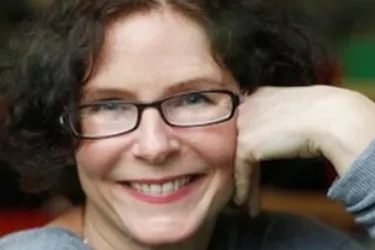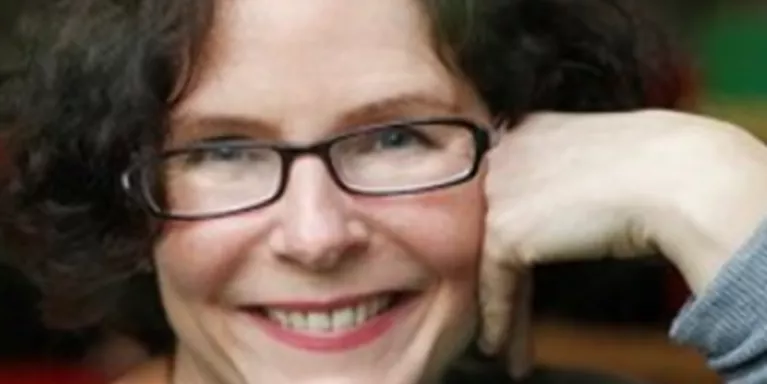My cPTSD diagnosis
Mick was fostered by family in his early years and raised by childcare professionals. He tells us about the difficult he had getting a diagnosis for cPTSD (complex Post Traumatic Stress Disorder).
I'm easily upset. I know that and have known for years. The slightest unfairness or rejection can shut me down, like my childhood abuses were happening again. I don't want to talk to anyone, and all I can think about is what has happened and that it will happen again. My mood can change from hour to hour. I'm easily startled, giving some of my clients something to laugh about.
"Have you ever heard of the Thousand Yard Stare?"
My workmates can tell when I'm going into one and call me out. They happen in times of stress, but might not be about the stress; my mind has gone wandering.
After passing a First Aid course, I was reading about shock on the St. John Ambulance app. I wanted to know about mental shock and looked into that. I found a page on Acute Stress Reaction. I could see some of my behaviour in that, but not all. The page said that if the reaction lasts more than a month, it can become PTSD. I read about that and could see myself in the description, but I wanted it confirmed.
The psychiatrist I was sent to told me I had dissociation. He assured me that I didn't have PTSD, as I hadn't nearly died. I googled dissociation and found Mind's page on it. I couldn't see myself in the descriptions, but it did say that it can be a symptom of PTSD. I followed the link. The psychiatrist was right in saying that a traumatic happening is needed to start it off. Okay, not PTSD. Maybe I had my own disorder.
The Mind page on PTSD said that children with years of abuse can get Complex PTSD. I was bullied emotionally by classmates, and had a long run of abusive relationships throughout my life since leaving school. I'm now 53.
"Reading about cPTSD on Mind’s info pages, and other reliable sites, was like reading about myself."
I was flashing back to how I felt when abused, feeling like damaged goods, easily upset, easily startled and many more signs. I read the list of symptoms to my three housemates. They agreed that I had the symptoms I thought I had, and some others besides.
Mind warn that the National Institute for Care Excellence have yet to approve a treatment for cPTSD. Nothing seems to work. That's why counselling did no good. Far from it; the Wellbeing Service caused even more of the rejection that I'd told them I had a problem with. The management dismissed my complaint, deepening my distrust. Oh, that's another symptom of cPTSD—being hostile and distrustful of the world.
I asked my GP for a second opinion. He told me the psychiatrist had said nothing in his report about dissociation. I told him what Mind say about not all mental health professionals not knowing about cPTSD, leading to misdiagnosis. He agreed to ask the psychiatrist to review me. I'm still waiting to hear back.
In the meantime, I'm handling the disorder by keeping away from anyone that puts me into shutdowns without caring. Those that do care can see when I'm not right ask me about it, and telling them what's happened brings me out.
When I go to something like a new job, I tell them what problems I have with the cPTSD. I did the same at my Open Mic nights when I found out about the disorder. I would advise others to do the same. Mirtazapine helps keep my moods steady, but no other treatment has worked
Recently, I was on a two-week course. One team exercise was planning a building site. The one appointed as team leader refused to listen to me. I went into a big shutdown. We had a day off the next day, and went to my job search advisor instead.
I told my advisor what had happened. She spoke to the course leader and the next day he made a point of letting me have class input. I found this really helpful and it showed me that talking and being open about the way I was feeling lead to better support in my workplace.
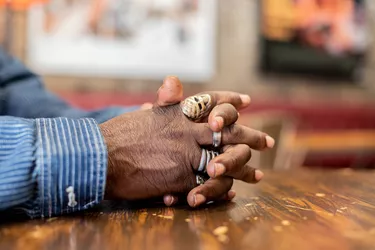

Information and support
When you’re living with a mental health problem, or supporting someone who is, having access to the right information - about a condition, treatment options, or practical issues - is vital. Visit our information pages to find out more.
Share your story with others
Blogs and stories can show that people with mental health problems are cared about, understood and listened to. We can use it to challenge the status quo and change attitudes.










